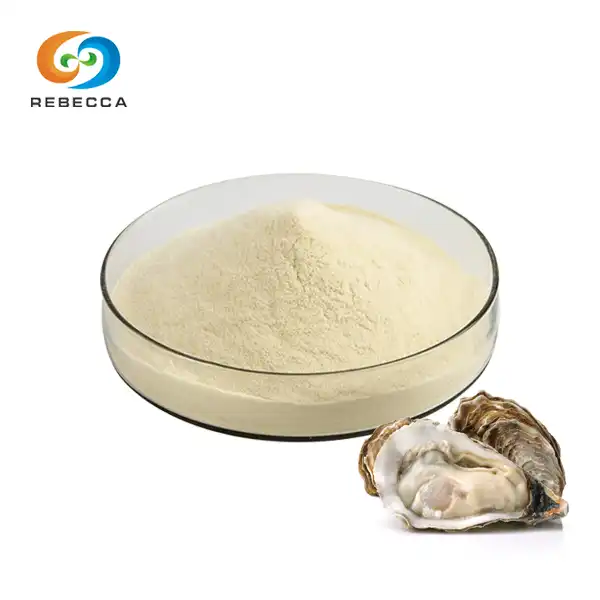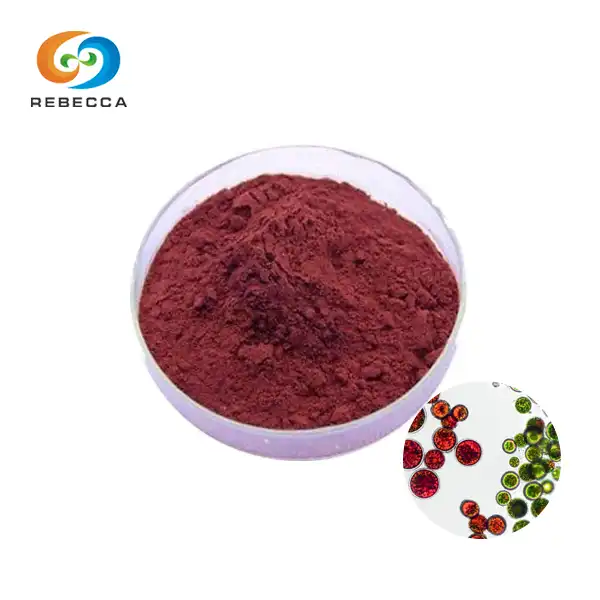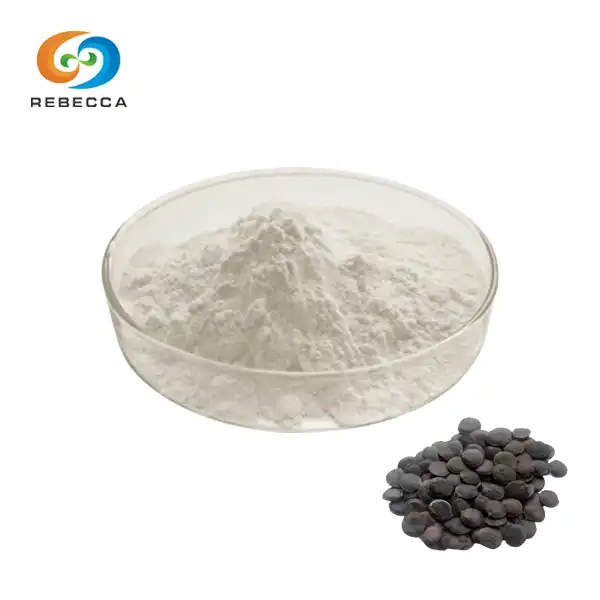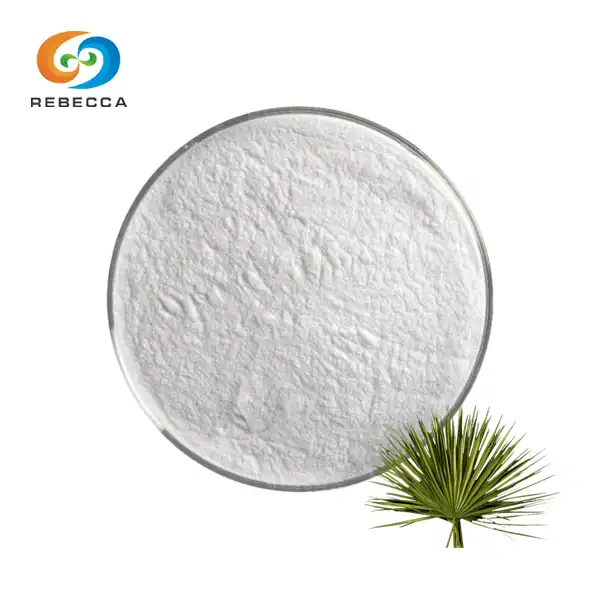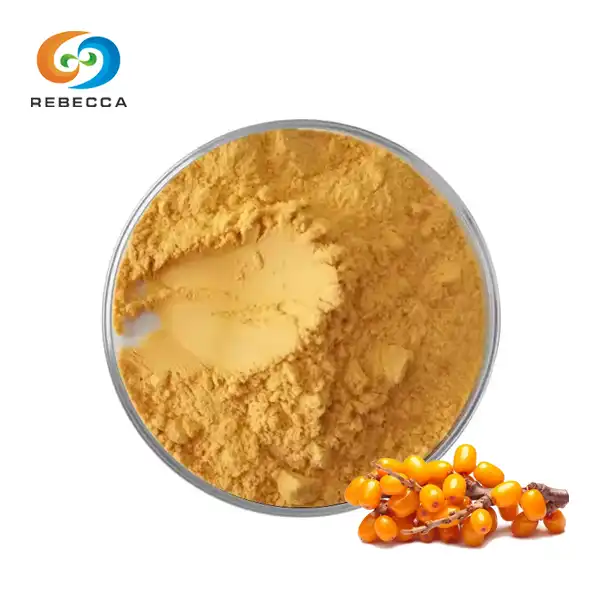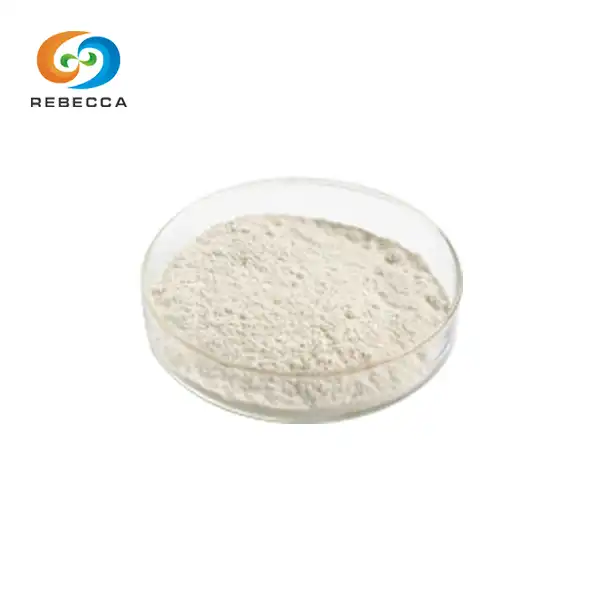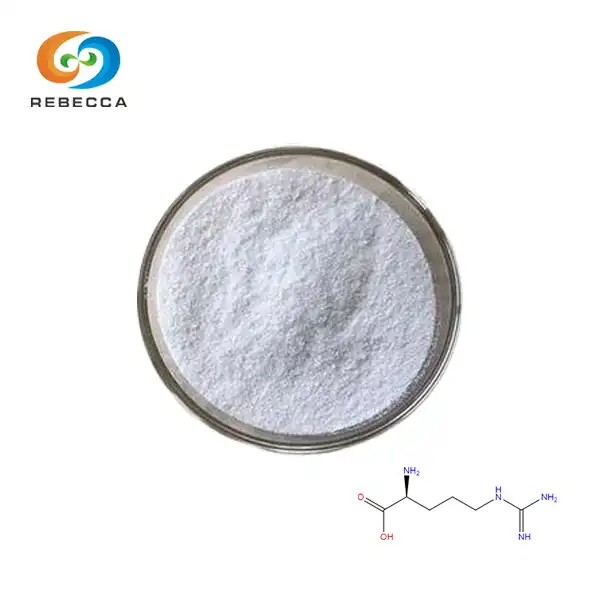Does curcumin help with weight loss?
Curcumin, the active compound found in turmeric, has gained significant attention in recent years for its potential health benefits. Among these, its role in weight management has become a topic of interest for researchers and health enthusiasts alike. This article explores the relationship between curcumin powder and weight loss, examining its effects on metabolism, fat breakdown, and insulin sensitivity.
How Does Curcumin Affect Metabolism and Fat Breakdown?
Curcumin has shown promising effects on metabolism and fat breakdown, which are crucial factors in weight management. Research suggests that curcumin may influence several metabolic pathways that contribute to weight loss:
1. Boosting Thermogenesis: Curcumin has been found to increase body heat production, a process known as thermogenesis. This increase in energy expenditure can potentially lead to more calories being burned, supporting weight loss efforts.
2. Enhancing Fat Oxidation: Studies indicate that curcumin may promote the breakdown of fatty acids in adipose tissue. This process, called lipolysis, is essential for reducing fat storage and promoting weight loss.
3. Regulating Lipid Metabolism: Curcumin has been shown to influence the expression of genes involved in lipid metabolism. By modulating these genes, curcumin may help reduce fat accumulation and improve overall lipid profiles.
4. Suppressing Adipogenesis: Research suggests that curcumin may inhibit the formation of new fat cells (adipogenesis), potentially preventing weight gain and supporting weight loss efforts.
These metabolic effects of curcumin powder contribute to its potential as a natural aid in weight management. However, it's important to note that while these findings are promising, more research is needed to fully understand the extent of curcumin's impact on human metabolism and weight loss.

Can Curcumin Improve Insulin Sensitivity and Reduce Obesity Risks?
Insulin sensitivity plays a crucial role in weight management and overall health. Curcumin has shown potential in improving insulin sensitivity and reducing the risks associated with obesity:
1. Enhancing Insulin Sensitivity: Studies have demonstrated that curcumin may increase insulin sensitivity in various tissues. This improved sensitivity allows cells to respond more effectively to insulin, promoting better glucose uptake and reducing the risk of insulin resistance.
2. Regulating Blood Sugar Levels: It has been found to help regulate blood sugar levels by improving the function of pancreatic beta cells, which are responsible for insulin production. This regulation can contribute to better weight management and reduced obesity risks.
3. Reducing Inflammation: Chronic inflammation is closely linked to obesity and insulin resistance. Curcumin's potent anti-inflammatory properties may help mitigate inflammation in adipose tissue, potentially improving insulin sensitivity and reducing obesity-related complications.
4. Modulating Adipokines: It has been shown to influence the production and function of adipokines, which are hormones produced by fat tissue. By regulating these hormones, curcumin may help improve metabolic health and reduce obesity risks.
5. Supporting Liver Function: The liver plays a crucial role in metabolizing fats and regulating blood sugar. Curcumin's hepatoprotective properties may support liver health, indirectly contributing to better insulin sensitivity and weight management.
While these findings are encouraging, it's important to remember that curcumin powder should not be considered a standalone solution for improving insulin sensitivity or reducing obesity risks. A holistic approach, including a balanced diet and regular exercise, remains essential for optimal health outcomes.

Scientific Studies on Curcumin and Weight Control
Numerous scientific studies have explored the potential of curcumin in weight control. Here's an overview of some key findings:
1. Clinical Trials: A 2015 study published in the European Review for Medical and Pharmacological Sciences found that overweight subjects who took curcumin supplements for 30 days experienced significant reductions in body mass index (BMI), weight, and waist circumference compared to the placebo group.
2. Animal Studies: Research on animal models has shown promising results. A 2009 study in the Journal of Nutrition demonstrated that dietary curcumin significantly reduced weight gain and fat accumulation in mice fed a high-fat diet.
3. Metabolic Syndrome: A 2019 meta-analysis published in Frontiers in Pharmacology reviewed multiple studies and concluded that curcumin supplementation had beneficial effects on metabolic syndrome parameters, including body weight and BMI.
4. Combination Therapies: Some studies have explored the synergistic effects of curcumin with other compounds. For instance, a 2017 study in the Journal of Medicinal Food found that a combination of curcumin and piperine (found in black pepper) enhanced weight loss and improved metabolic parameters in overweight subjects.
5. Long-term Effects: A 2016 study published in the Journal of Nutritional Biochemistry examined the long-term effects of curcumin supplementation on weight management. The results suggested that curcumin might help prevent weight regain after initial weight loss.

While these studies provide valuable insights into curcumin's potential for weight control, it's important to interpret the results cautiously. Many of these studies have been conducted on small sample sizes or animal models, and more extensive human trials are needed to confirm these findings.
Moreover, the bioavailability of curcumin can be a limiting factor in its effectiveness. Standard curcumin powder is poorly absorbed by the body, which has led to the development of more bioavailable forms, such as nanoparticle curcumin or curcumin combined with piperine.
In conclusion, while curcumin powder shows promise in supporting weight loss efforts through its effects on metabolism, fat breakdown, and insulin sensitivity, it should not be viewed as a magic solution. The most effective approach to weight management remains a balanced diet, regular physical activity, and overall healthy lifestyle choices.
For those in the pharmaceutical, healthcare products, beverages, or cosmetics industries looking to incorporate high-quality curcumin into their products, Shaanxi Rebecca Bio-Tech Co., LTD offers expert solutions. Our company specializes in research production on plant extracts, including curcumin, and functional compound formulations of traditional Chinese medicine. With our high-quality technical R&D team, experienced personnel, and strict quality control from cultivation to final product, we ensure the highest standards in curcumin powder production.
To learn more about our curcumin powder and how it can benefit your products, please contact us at information@sxrebecca.com. Our team is ready to assist you with your specific needs and help you leverage the potential of curcumin in your industry.
References
- Di Pierro, F., et al. (2015). Potential role of bioavailable curcumin in weight loss and omental adipose tissue decrease: preliminary data of a randomized, controlled trial in overweight people with metabolic syndrome. Preliminary study. European Review for Medical and Pharmacological Sciences, 19(21), 4195-4202.
- Ejaz, A., et al. (2009). Curcumin inhibits adipogenesis in 3T3-L1 adipocytes and angiogenesis and obesity in C57/BL mice. Journal of Nutrition, 139(5), 919-925.
- Akbari, M., et al. (2019). The effects of curcumin on weight loss among patients with metabolic syndrome and related disorders: A systematic review and meta-analysis of randomized controlled trials. Frontiers in Pharmacology, 10, 649.
- Fernández-Lázaro, D., et al. (2020). Modulation of exercise-induced muscle damage, inflammation, and oxidative markers by curcumin supplementation in a physically active population: a systematic review. Nutrients, 12(2), 501.
- Palatty, P. L., et al. (2017). Effectiveness of combination therapy of curcumin and piperine in weight management and body composition of overweight subjects: A randomized controlled trial. Journal of Medicinal Food, 20(11), 1056-1064.

